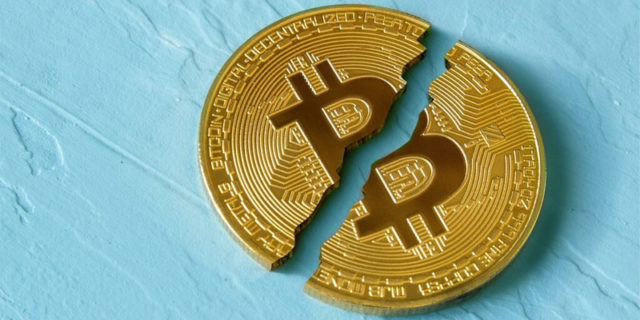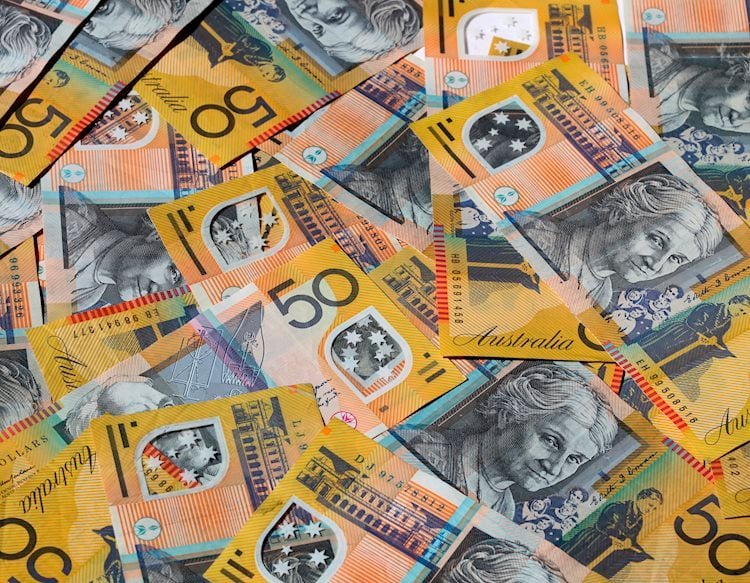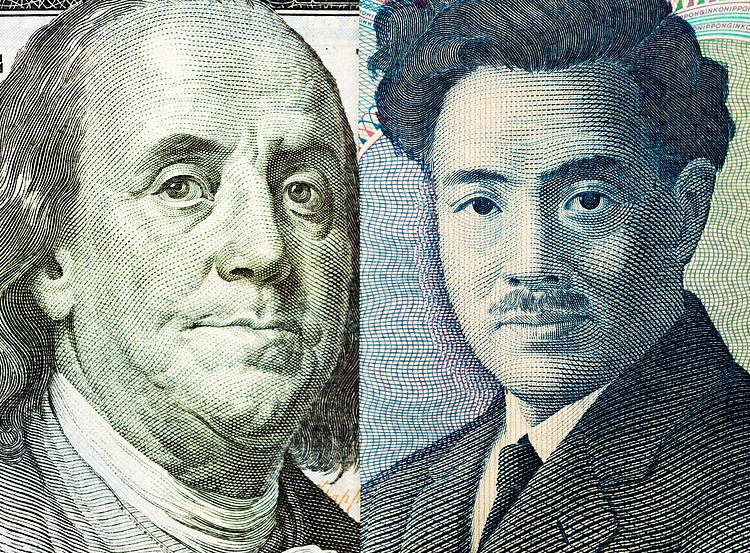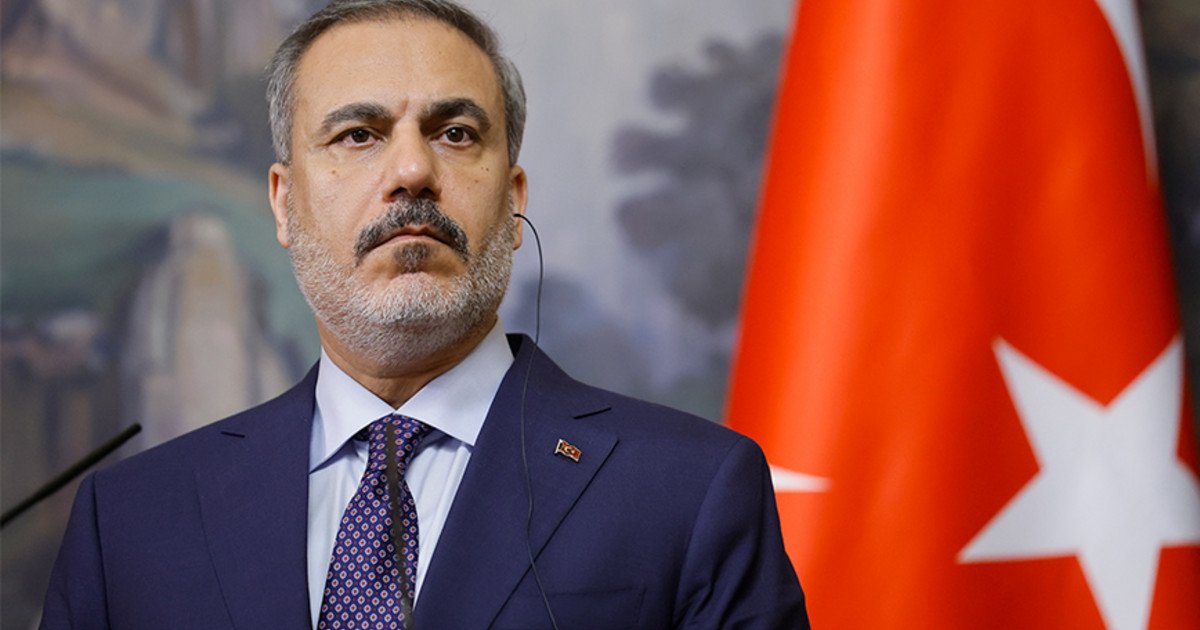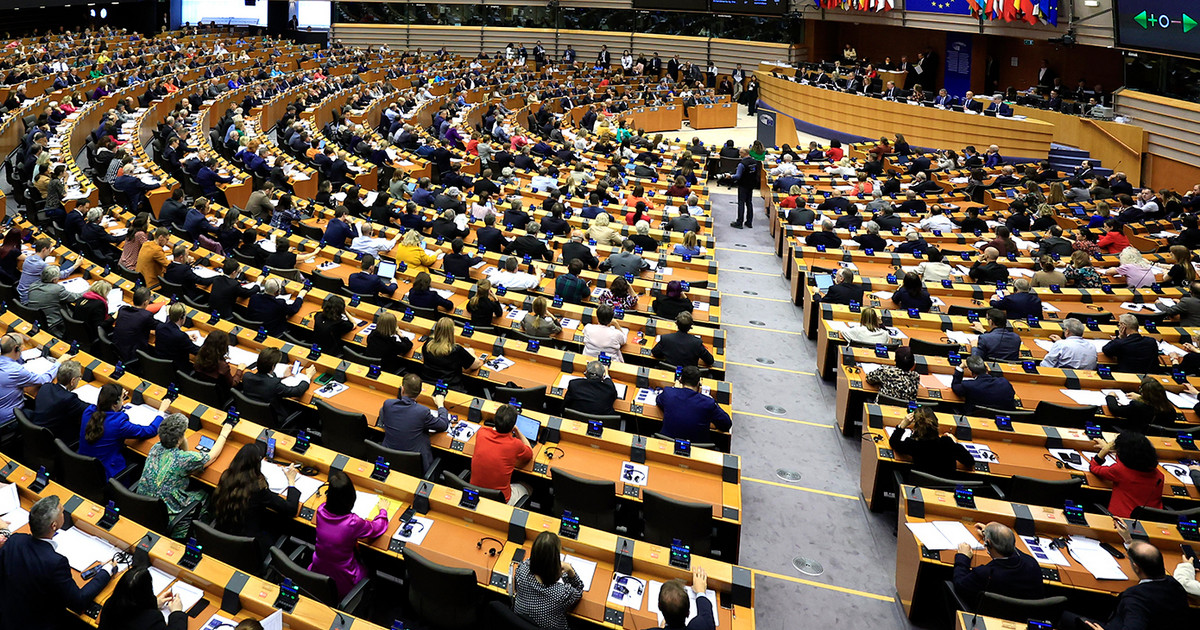Her Maria Tadeo
Finally, someone seems to be on the right track for Europe’s energy crisis.
On July 14, as France celebrated Bastille Day, President Macron accused Putin of manipulating energy supplies to punish Europe for helping Ukraine. He argued that Russia would likely cut off gas supplies completely, leading France and the rest of the Union to a very harsh winter. In his starkest warning to date, Macron called for mobilization by appealing to government agencies, companies and households to reduce energy consumption. The goal: sobriété énergétique or collective energy saving.
The message is long overdue.
Europe may be in a heatwave, but we are racing against time to conclude new energy deals and fill gas tanks ahead of the colder months. Governments have a responsibility to inform the public of the seriousness of the situation – which Deutsche Bank predicts could be a gas rationing winter, raising the prospect of a recession. If policymakers want public support for unpopular measures, such as temporarily closing business to conserve essential operations, which may be necessary in a worst-case scenario, they clearly need to prepare people now.
In his speech, Macron laid the blame squarely on Putin, not on sanctions or the actions of the Ukrainian government. If Russia had not invaded a sovereign country, we would not now be discussing how to save energy to this extent in France and Europe, the argument goes. This may seem obvious, but it will be easy to forget as the months go by and high energy bills and wider price pressures take hold. The French president said he expected the war to devolve into a protracted conflict and suggested Russia was waging a hybrid war against allies, targeting everything from natural gas to food.
Although the situation is grim, Macron managed to be somewhat optimistic in his speech. He argued that reducing energy consumption and improving efficiency provided a common response to the two biggest challenges facing the continent: the war in Ukraine and the climate crisis. There is no doubt that Europe is paying a heavy price for its massive dependence on Russia, but there is room for optimism in the medium term. Russia is no longer a reliable or welcome energy partner for the European Union, energy diversification away from Russia is inevitable under Putin, and change is taking place much faster than expected.
The interview on Bastille Day is one of those events that gathers a lot of people in front of the television. Macron has used it wisely, announcing that the government will soon introduce energy saving targets for public bodies, large companies and citizens. The campaign for sobriété énergétique has now reached the media, with ministers repeating the term on radio, news broadcasts and newspapers. If it works, it could serve as a road map for other European countries.
Transparency will be key to public response if the worst-case scenario is confirmed and European governments are forced to resort to energy handouts. Setting clear objectives is a good start as it makes it clear what will be required of consumers large and small. But if people feel that government and industry are not taking the effort seriously, they will hardly be interested in reducing energy themselves.
According to France’s Energy Transition Ministry, government agencies will be informed of practical steps to reduce consumption, from reducing air conditioning to reducing lighting at work. When it comes to business, it’s a more difficult balance. The French Ministry of Finance admits that there are some areas that should be prioritized. However, Macron has made it clear that he expects major companies to join the effort in one way or another to reduce the country’s overall energy consumption by 10% within two years.
These fundamental changes for consumers and industry require significant political goodwill – and this is certainly lacking in Europe. Macron himself faces a volatile domestic scenario after losing control of parliament. Meanwhile, Germany, which fears a Lehman Brothers moment in the energy market as supply is tight and prices rise, is waking up to decades of poor energy policy. With utility Uniper SE running out of cash and already drawing natural gas from its storage in July, Berlin may soon find itself in a position to call for support to secure supplies. In Italy, where natural gas supplies are also critical to the heavily industrialized South, Prime Minister Draghi’s future is uncertain.
Goodwill starts with being honest with the public, and Macron has shown the right instincts, presenting the issues without sugarcoating them. This crisis requires a narrative that matches the scale and complexity of the challenges facing Europe. The sooner governments and households begin to show some sobriété énergétique, the better prepared we will be. It’s either that or a sudden awakening to the winter cold.
Source: Bloomberg
I’m Ava Paul, an experienced news website author with a special focus on the entertainment section. Over the past five years, I have worked in various positions of media and communication at World Stock Market. My experience has given me extensive knowledge in writing, editing, researching and reporting on stories related to the entertainment industry.

